Tick tock, tick tock, tick tock. You’re lying in bed, your body and mind are tired, yet you can’t fall asleep. Tick tock. One hour, two hours, maybe even three. When you finally doze off, you have just a few hours left before you need to get up again.
Or, maybe falling asleep is not difficult for you, but you wake up frequently during the night and somehow never seem to get that deep sleep that would help you wake up rested in the morning.
Sounds familiar?
Most people contribute their poor sleep to having a lot on their mind, stress, drinking too much coffee and perhaps to using their mobile phones or watching TV just before bed (or yes, I hear you - having small children can contribute to poor sleep too!).
But the truth is that there’s one other factor that massively affects your sleep and that we often forget about – your nutrition.
The reason why the food you eat every day matters so much is that it dramatically influences two areas of your health that have a direct impact on your sleep –
your blood sugar balance and the level of of nutrients that help regulate your sleep, including magnesium, calcium and vitamin D.
For example, magnesium is a mineral that helps your nervous system calm down and supports muscle relaxation, so if you are running low on it, you’re more likely to struggle to fall asleep and will probably also have a more restless sleep. On the other hand, if your blood sugar is out of balance, you might wake up more frequently during the night. A lack of vitamin D and calcium has also been linked to sleep disturbances, so making sure that you get enough of them is key to helping you achieve a good night’s rest.
So what can you do to make sure that these imbalances don’t affect your sleep?
Here 3 simple tips to get you started:
(1) EAT A SMALL SNACK ABOUT 30 MIN BEFORE BED
Make sure that the snack contains a good amount of unrefined carbohydrates and some healthy fat, as this will help to stabilise your blood sugar, allow you to sleep better and reduce the chances of night wakings. A snack of this sort could for example include a handful of berries with half a cup of full-fat plain yogurt, ½ banana with a teaspoon of any unsweetened nut butter or mashed avocado with some sliced bell peppers.
(2) STOCK UP ON DARK GREEN LEAFY VEGETABLES AND WHOLE GRAINS
These foods are some of the richest sources of magnesium, so try to include several of them in your meals every day. Keep in mind that if you drink a lot of coffee, alcohol or other caffeinated drinks, are chronically stressed, take contraceptive pills or have poor gut health, you’ll need more magnesium in your diet as these all either inhibit magnesium’s absorption or speed up the rate at which your body uses it.
(3) CHECK YOUR VITAMIN D LEVEL
The ‘sunshine vitamin’ affects several different aspects of your health and a lack of vitamin D has also been associated with sleep disturbances. Unfortunately, many of us don’t get enough of this nutrient due to insufficient exposure to the sunlight, so
checking your vitamin D status regularly (e.g. once a year), is a good idea.
This will not only help you make sure that a lack of it doesn’t negatively affect your sleep but will also help you support other areas of your health, including your immunity, your bones and your hormone health.
So if you’re struggling with poor sleep, these are the three tips that can help you get started on your journey to a good night’s rest, so that you can finally begin waking up fully energised and refreshed.
And if you’d like to go deeper and explore what else you can do to not only improve sleep, but fully optimise your health and wellbeing through food, get in touch with us below and let’s have a more detailed chat about your goals and explore how we can help you achieve them.




